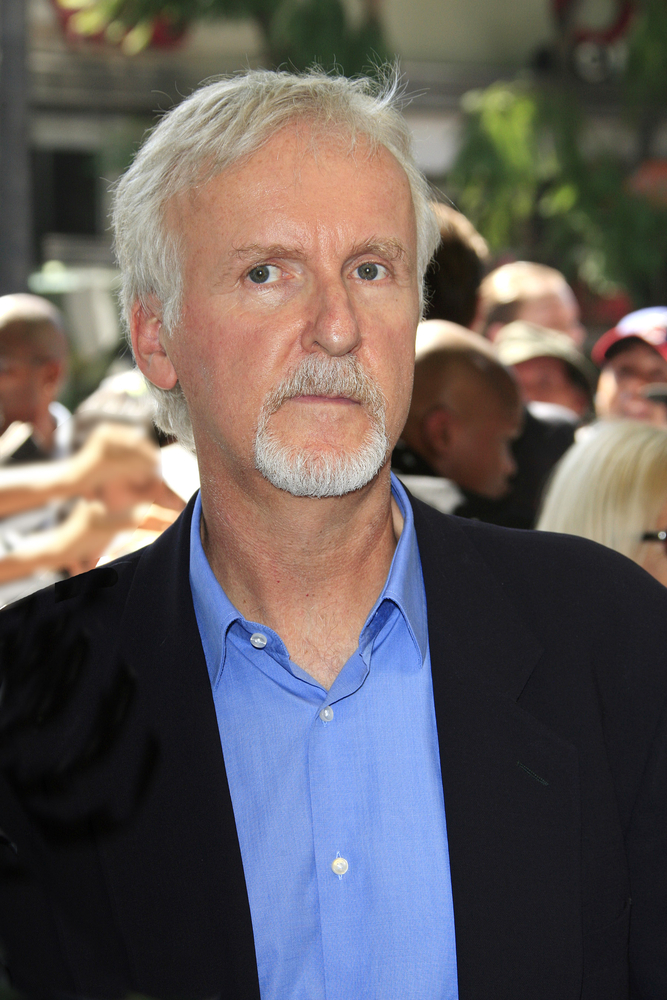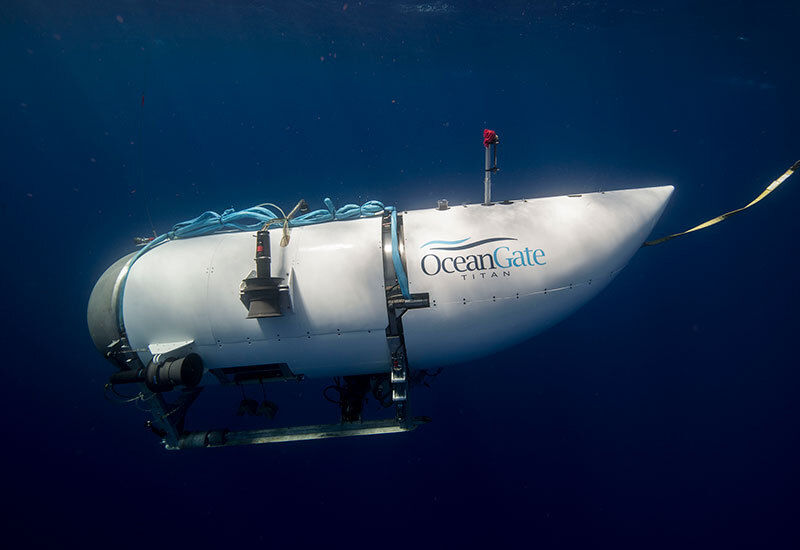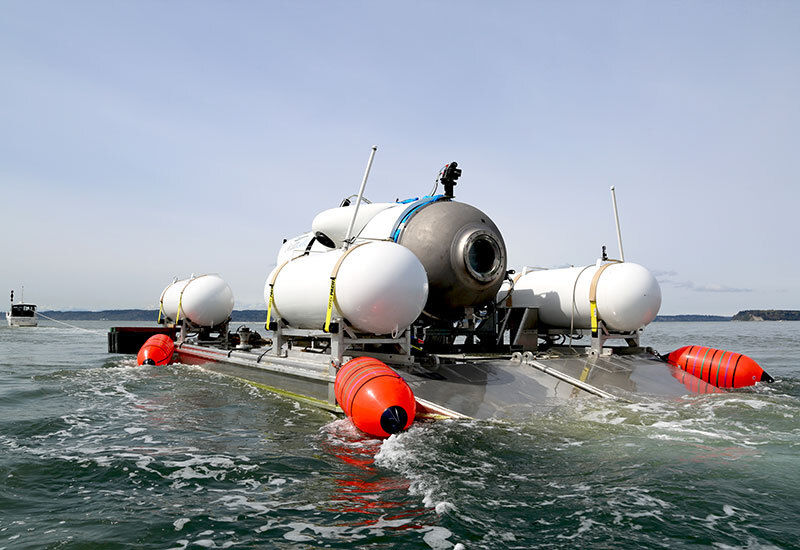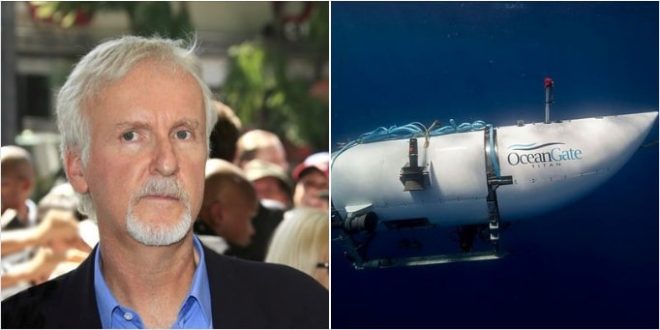The OceanGate Titan, a submarine that went missing on Sunday while en route to the Titanic debris, has been the subject of a global investigation for days. The vehicle’s debris, which was the consequence of a horrific implosion that killed all five occupants, was found yesterday.
Few individuals are as knowledgeable about the pleasures and dangers of deep-sea exploration as Oscar-winning director James Cameron, who has been offering his opinions on this tragedy. He not only directed the well-known 1997 movie Titanic, but he also enjoys ocean exploration and has made 33 journeys to visit the Titanic’s wreck.
In this interview, Cameron discusses his thoughts on this tragedy and explains why he didn’t join the Titan.

If you’ve watched any of James Cameron’s movies, you know that he’s fascinated with using cutting-edge technology and escorting audiences to previously unexplored locales, from deep space to the ocean’s surface. This is a result of Cameron’s inherent sense of adventure.
“When I was a kid, I loved not only amazing ocean exploration but space, too,” Cameron told the New York Times in 2011. “I can think of no greater fantasy than to be an explorer and see what no human eye has seen before.”
In 2012, Cameron made history as the first person to make a solo descend to the Mariana Trench. He has had a successful career as an explorer. He has completed more than 70 submersible dives, 33 of which were to the Titanic wreck on the ocean floor.

Cameron was likely personally affected by the Titan submarine problem as it traveled to the Titanic wreck. However, Cameron claims he was concerned about the Titan sub’s safety and charged OceanGate with neglecting safety.
“I was very suspect of the technology that they were using. I wouldn’t have gotten in that sub,” Cameron told BBC, adding that he believes OceanGate “didn’t get certified because they knew they wouldn’t pass.”
“OceanGate shouldn’t have been doing what it was doing, I think that’s pretty clear,” Cameron mentioned, saying he wished he had “been more vocal” about his concerns from the beginning. “I was unaware they hadn’t been certified because I wasn’t really studying it.”

Cameron claimed that Stockton Rush, the CEO of OceanGate who perished in the sub’s implosion, had urged him to go diving this year but that he had declined: “I wasn’t interested. There was a lot of concern about this outfit and this sub.”
Mr. Cameron, who has also created his own submersible vehicles, expressed his reservations about the company’s choice to use carbon fiber as a material to ABC News, calling it “fundamentally flawed,” even though Mr. Rush had defended his choice.
After consulting peers in the deep submergence field, Cameron accurately surmised that the Titan had been obliterated in an implosion when it vanished on Sunday. Cameron was aware that the five men on board had already died, but he understood that people all across the world were holding out hope and waiting for more information.
“The only scenario that I could come up with in my mind that could account for that was an implosion… a shock wave event so powerful that it actually took out a secondary system that has its own pressure vessel and its own battery power supply,” Cameron explained.
“I got on the horn again with some other people, tracked down some intel that was probably of a military origin, although it could have been research—because there are hydrophones all over the Atlantic—and got confirmation that there was some kind of loud noise consistent with an implosion event.”

“That seemed to me enough confirmation. I let all of my inner circle of people know that we had lost our comrades. And I encouraged everybody to raise a glass in their honor on Monday.”
The Coast Guard said Monday that the debris they found was consistent with the “catastrophic loss” of the submersible’s pressure chamber and that the five people on board “have sadly been lost.”
This confirmed Mr. Cameron’s fears. The Titanic wreckage was not far from that debris, and according to Cameron, there are many similarities between the two maritime catastrophes, both of which were brought on by disregarding prudence.
“I’m struck by the similarity of the Titanic disaster itself, where the captain was repeatedly warned about ice ahead of his ship, and yet, he steamed up full speed into an ice field on a moonless night,” Cameron told ABC News. “And many people died as a result and for us very similar tragedy where warnings went unheeded to take place at the same exact site.”

James Cameron is a specialist in underwater exploration, so it is fascinating to hear his opinion of the recent events and his worries about the safety of the OceanGate vessel.
Our thoughts and prayers are still with the victims and their loved ones. Please share this story!






